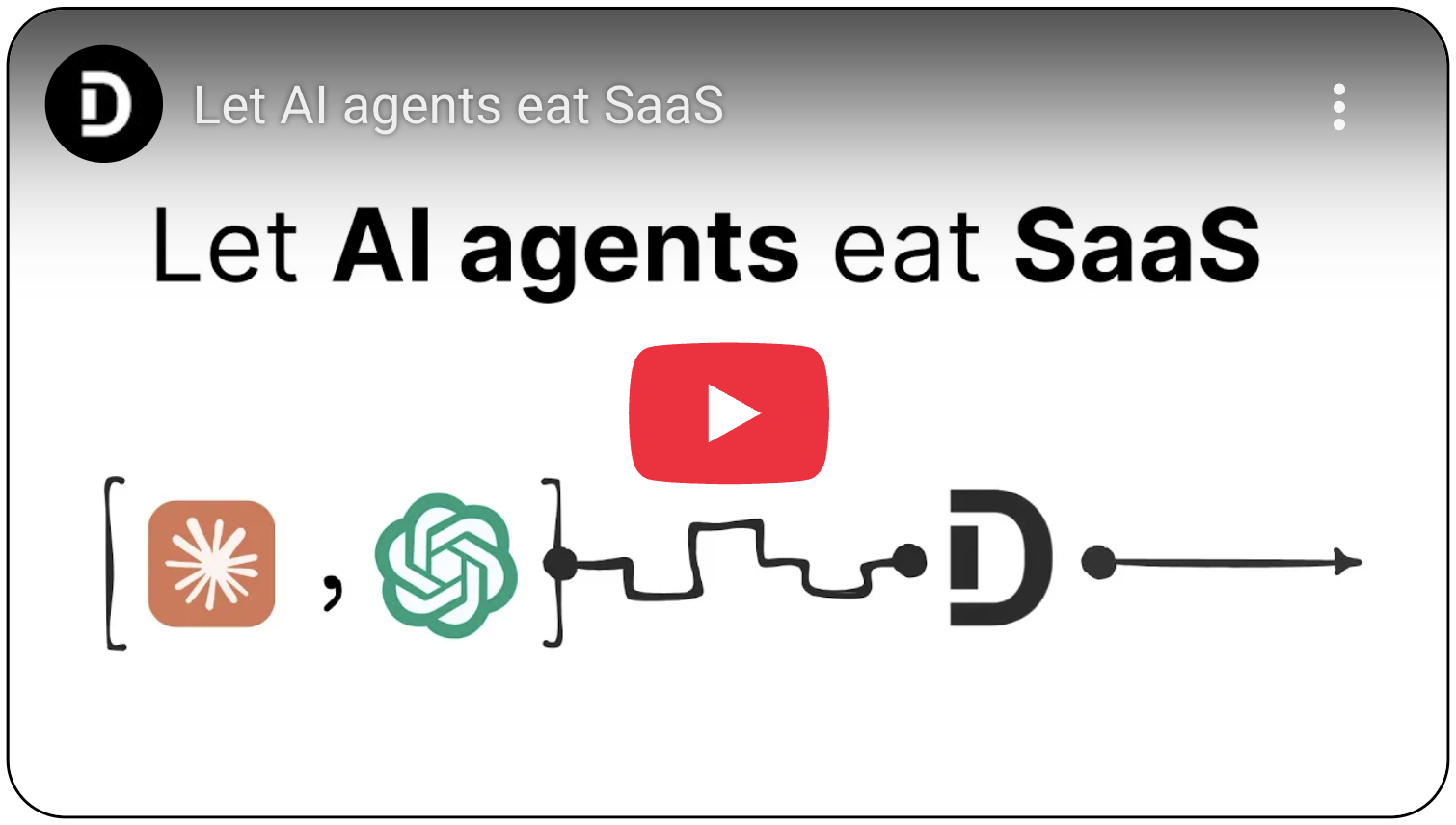Build collaborative full-stack ChatGPT apps in seconds with no code.
Dry will let everything be as simple as ChatGPT.
It is an AI agent memory on steroids that will let ChatGPT and other AI assistants eat SaaS.
In nerdspeak: Dry is an MCP server that works as a collaborative database with several key features.
Use chat to track fitness, organize a potluck, manage projects, maintain customer databases, run your recruiting pipeline, or whatever else you think of.
Learn more about us.
What is Imaginary and who is it for?
Imaginary is a bold and modern Webflow CMS template crafted for showcasing AI-generated and digital art. It’s perfect for artists, creative technologists, curators, or studios who want to launch their own immersive online gallery.
What pages are included in the Imaginary template?
Imaginary comes with all essential pages: Home, About, Blog (CMS), Blog Post (CMS), Projects (CMS), Project Page (CMS), Authors (CMS), Contact, plus utility pages like 404, Style Guide, Licenses, Instructions, and Changelog.
Do I need a Webflow account to use Imaginary?
Yes, you’ll need a free Webflow account to use Imaginary. To unlock its full CMS potential (for projects, authors, and blog content), a Webflow CMS plan is required.
Is Imaginary responsive and optimized for all devices?
Definitely! Imaginary is fully responsive, delivering a seamless and polished experience across desktops, tablets, and smartphones.
Can I change the look and feel of Imaginary?
Of course. Imaginary is designed with flexibility in mind. You can easily adjust colors, typography, layout spacing (using REM units), and components to match your brand’s identity — all without writing a single line of code.
How does the CMS work in Imaginary?
Imaginary leverages Webflow’s CMS to manage projects, blog posts, and author profiles. Adding or editing content is intuitive and doesn’t require technical skills — just fill in the fields and publish.
What makes Imaginary different from other templates?
Imaginary stands out with its gallery-like aesthetic, focus on AI-driven visuals, clean structure, and subtle interactions. It’s built for showcasing artwork in a way that feels editorial yet cutting-edge.
Where can I get help with Imaginary?
For any questions, reach out to Valdis Zhvaginsh at valdis@protonmail.com — expect a reply within 2 business days. Customization requests are also welcome if you’d like to expand the template further.
